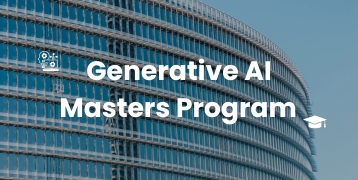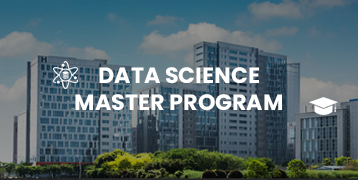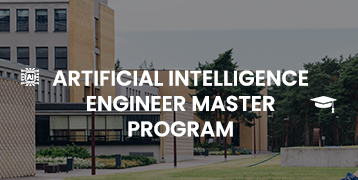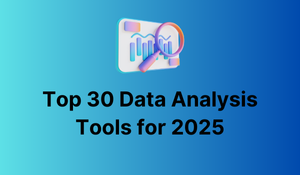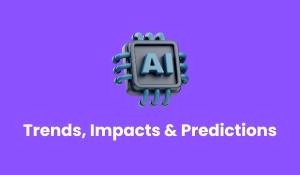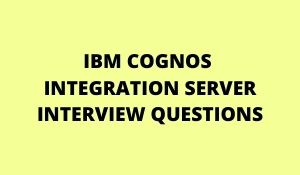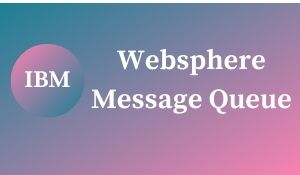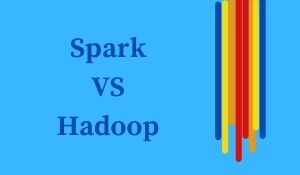
Apache Hadoop:
Hadoop is designed to provide the storage and processing of Big Data within a distributed environment. This is an open-source framework with two components, HDFS and YARN, based on Java. HDFS is the component of Hadoop that stores Big Data. YARN, on the other hand, is the component that is involved in all the processing that can occur with Hadoop.
Apache Spark:
This is designed to achieve real-time data analytics within a distributed environment. It has a Resilient, Distributed Dataset Structure, which enhances its speed of data processing. Components of Spark include Machine Learning Library, Spark Core, Spark SQL, Spark Learning, and GraphX.
Spark vs Hadoop Performance: This Performance is a major characteristic to consider in comparing Spark and Hadoop. Spark enables in-memory processing, which notably improves its processing speed. The fast processing speed of Spark is also attributed to the use of disks for data that are not compatible with memory. It enables the processing of data in real time, a characteristic that makes it suitable for use in machine learning, security analytics, and credit card processing systems. This characteristic also distinguishes it from Hadoop.
It also has impressive speed, known to process terabytes of unstructured data in minutes, while processing petabytes of data in hours, based on its distribution system. However, Hadoop was not designed for real-time processing of data. On the other hand, Hadoop is apt for storing and processing data from a range of sources.
Comparing the processing speed of Hadoop and Spark: It is noteworthy that when Spark runs in-memory, it is a hundred times faster than Hadoop. When it runs on a disk, it is ten times faster than Hadoop. With fewer machines, up to 10 times fewer, Spark can process hundreds of terabytes of data at three times the speed of Hadoop. This notable speed is attributed to the in-memory processing of Spark.
In terms of performance, Spark is faster than Hadoop because it processes data variously. Choosing between Spark and Hadoop, as regards processing, is thus a factor of the speed along with the type of project which determines the suitable form of data processing.
Related Courses
| Course Name | Enroll Now |
|---|---|
| Big Data Architect Masters Program | Enroll Now |
| SQL Server Training | Enroll Now |
| NoSQL Training | Enroll Now |
| BIG DATA HADOOP TRAINING | Enroll Now |
| MySQL DBA Training | Enroll Now |
Hadoop vs Spark: Types of Data Processing
•The two major types of data processing applied in Big Data are batch processing and stream processing. As the name suggests, batch data processing is the processing of data that is initially collected and stored. With this type of data processing, data is collected over a period and then processed at a later time. This type of data processing is applied to huge datasets that are static.
•Stream data processing is a form of data processing that is aimed at real-time applications. It is also the more present of the two types of data processing. Data is not stored and then processed. Instead, data is processed as it is collected. This type of data processing is tailored to the requirements of enterprises to respond to changes quickly.
•As regards Apache Hadoop and Spark, batch data processing is applied by Hadoop, while Spark applies stream data processing which makes it suitable for real-time processing of huge datasets. YARN, the processing component of Hadoop, performs operations in a step-by-step manner, while GraphX enables clients to view data in various forms in real time.
•When deciding between Hadoop and Spark-based data processing, it is important to consider the peculiarities of both types of data processing and their suitability for various kinds of projects. Although stream processing makes operations with Spark fast, stream processing is tailored toward real-time processing of data. Batch processing utilized by Hadoop is suitable for the storage and processing of enormous datasets collected over specific periods.
Price: Spark vs Hadoop
•Before tools applied in enterprises are chosen, it is important to consider their prices. This also applies to Apache Spark and Hadoop, even though they are open-source tools. The price implications of Hadoop and Spark are related to the infrastructure involved in their use. Both tools use various commodity hardware in various ways.
•With Hadoop, the storage and processing of data occur within a disk. Thus, Hadoop only needs a lot of disk space. It is also noteworthy that Hadoop needs standard memory to function optimally. It also needs multiple systems applied in the distribution of the I/O of the disk. Thus, a major expenditure when using Hadoop is on disks, with a focus on high-quality disks.
•Spark applies in-memory processing. Thus, there is less focus on hard disks, in comparison with Hadoop. Although Spark applies standard disk space, data processing with Spark does not need disks. Instead, Spark needs a lot of RAM in the data processing.
•The different infrastructure makes Spark a costlier option than Hadoop. The infrastructure that makes Spark expensive is responsible for the in-memory processing for which it is known. When choosing between Hadoop and Spark based on price, the type of project should be considered too, since the price of the use of Spark could be decreased when it is mainly used for real-time data analytics.
Market Scope of Hadoop vs Spark:
Apache Spark is a Big Data tool designed for projects that need real-time data analytics, with minimal focus on the storage of large datasets. Although Spark is more expensive to use than Hadoop, the details of projects could be modified to fit a wide range of budgets. Spark and Hadoop are tools trusted by some of the biggest names in the tech space because of their suitability for various kinds of projects. When the market scope of both tools is compared, Hadoop covers a wider market scope.
There are predictions that Hadoop will experience a CAGR growth of about 65% in the period from 2018 to 2025. In this period, Spark will experience a growth of about 39%, in terms of CAGR. Hadoop and Spark are Big Data tools with characteristics that indicate their suitability for specific projects. These features should be properly considered in choosing the most appropriate tool for a project. The peculiarities of both tools could also be combined and applied to projects within enterprises.
Here, you can get quality content regarding Apache Spark Online Training. This syllabus will be more than enough to appear for certification and interviews confidently. Along with these, we provide the best Big Data Hadoop online training with highly qualified professionals who have more than 18-20+ years of experience. Our team of experts is available to help you in learning both the tools online by providing continuous support.
👉 Related Articles:
🎯 About Big Data vs Internet Of Things
🎯 What is Big Data Analytics? A Complete Guide to Big Data Analytics
🎯 Big Data in Internet Of Things
🎯 What is MapReduce in Big Data?
🎯 Big Data vs Data Science vs Data Analytics
🎯 Detail Information about Big Data in AWS
🎯 Everything You Need To Know-Talend Big Data
🎯 Hadoop Vendors Leading the Big Data
🎯 Big Data solutions for SQL Server
🎯 Streaming Big Data with Apache Spark
🎯 BIG DATA TALEND Interview Questions and Answers
🎯 Big Data Mapreduce Interview Questions and Answers
🎯 Big Data&Hadoop Interview Questions and Answers



